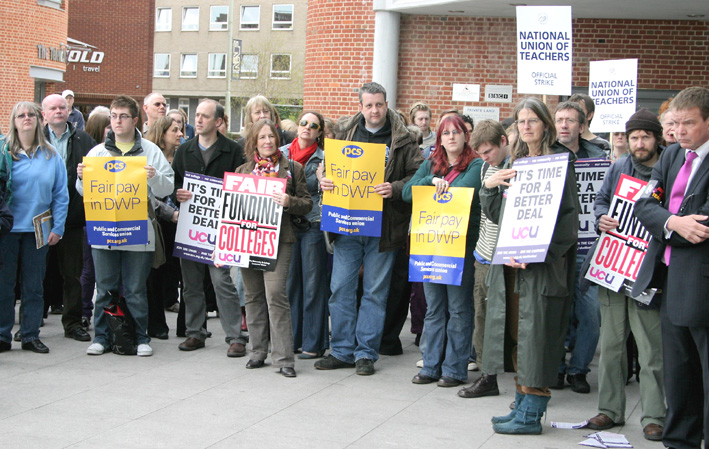Soaring food and energy prices could push the government’s preferred consumer price index (CPI) inflation above 4% this year, the governor of the Bank of England has warned.
Governor King’s warning came in his open letter to the chancellor after the Office for National Statistics (ONS) said the Consumer Prices Index (CPI) rose by 3.3% in May, up from 3% in April, exceeding the government’s 2% target.
King warned he is ‘likely to be writing more such letters’.
The May increase is the fastest rate since the CPI measure began in 1997, the ONS said.
The wider Retail Prices Index (RPI) measure of inflation, which includes mortgages and rents, rose to 4.3% from 4.2% the previous month.
The biggest contributor to consumer inflation was the rising price of food and non-alcoholic drinks, the ONS said.
This was mainly due to the increasing cost of meat products, particularly bacon, and vegetables.
Increasing household energy bills were also a significant factor, along with the rising cost of books, stationery and foreign holidays.
Commenting on the reaction of prime minister Brown and chancellor Darling – to repeat calls for wage restraint – a TUC spokesman insisted ‘there is no connection between inflation and public sector pay’.
Urging the Bank not to put up rates, TUC Head of Economics Adam Lent said: ‘Inflation and increased prices have been caused by external factors such as the price of oil and commodities.
‘Putting up interest rates now would do nothing to damp down inflation and would instead slow the economy.
‘There is no point in the UK economy taking medicine with nasty side effects if it doesn’t produce a cure.’
Prime minister Brown announced that cabinet ministers would forego their pay rise ‘given the importance of public sector pay restraint at a time of economic uncertainty’.
Brian Strutton GMB National Secretary for Public Services said: ‘Ministers suspending their 2008 pay rises and urging similar restraint on public sector workers is an empty gesture.
‘Ministers will no doubt reclaim this through their allowances or through their next salary review. and while ministers may be able to afford to take a pay pause low paid workers cannot.
‘Inflation is spiralling. Using public sector pay to try to counter it will not tackle the causes of this inflation but will fuel recession.
‘Two per cent inflation is no longer a sensible target for the economy or for public sector pay.’
A spokeswoman for Unison said: ‘It is all very well ministers giving up their pay increase, but this is small comfort to millions of public sector workers who are faced with an effective three-year pay cut.
‘Those earning an average wage of £13,000 will wonder why a high court judge can be offered a pay increase of over £3,000, when they have to make do with a few hundred pounds.’
UNISON is balloting its local government members on whether they want to strike over a 2.45% pay offer.
Chancellor Darling said inflation was ‘a fact of life’ and called for pay restraint in both the public and private sector.
